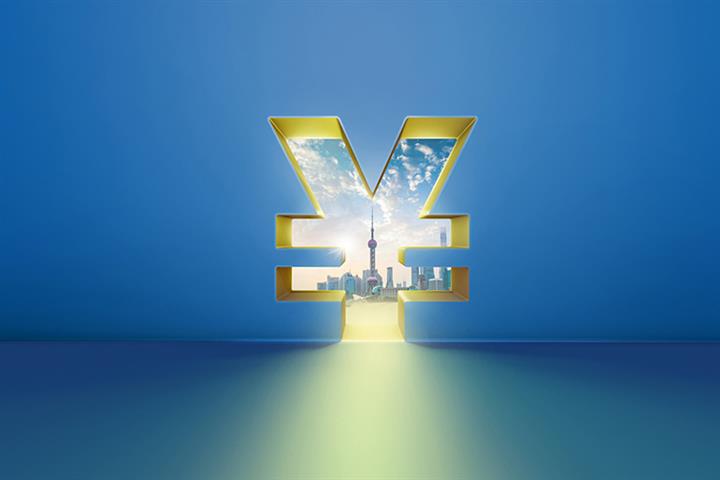
今日上海
上海市计划销售47亿美元政府债务来建筑基础设施 - 2022年07月13日
Shanghai to Sell USD4.7 Billion of Gov’t Bonds to Fund Key Infrastructure Projects

The Shanghai government will issue CNY31.4 billion (USD4.7 billion) of government bonds next week to raise money for six infrastructure projects, including a trunk commuter rail line, so as to improve the municipality’s public services and boost investment in the city.
The bonds, which are scheduled to be released on July 18, will be used to build four inner-city rail transit lines, an intra-city railway line and one wastewater treatment plant, Yicai Global has learned. The projects need a total investment of nearly CNY150 billion (USD22 billion).
“Government bonds are an important way of financing the 44-kilometer-long Jiamin commuter line because it needs huge investment,” said Zhu Zhilong, finance director of Shanghai Jiushi Group, the firm overseeing the project.
Costing CNY39.4 billion (USD5.8 billion), construction on the line, which runs north-south from Jiading district to Minhang district, started last month and it is expected to be finished in 2027, Zhu said. CNY13.1 billion will come from government bonds issued over five years with a term of 15 years. The government plans to pay back the debt and interest using income from the project as well as the Shanghai Rail Transit Construction Fund.
The Ministry of Finance has given the Shanghai government a quota to issue CNY76.8 billion of new bonds this year for major public infrastructure projects, Wang Weijing, head of the Shanghai Finance Bureau, said at a road show for the projects yesterday. They will strengthen weaknesses in the city’s infrastructure and benefit the public.
Over the past two years, Shanghai has sold CNY166.6 billion of special government bonds and used the money in national rail, intra-city rail, commuter rail and wastewater treatment projects as well as the upgrading of old parts of the town. These projects contributed 10.3 percent to the city’s fixed assets investment growth in 2020 and 8.1 percent last year.
Source: Yicai

